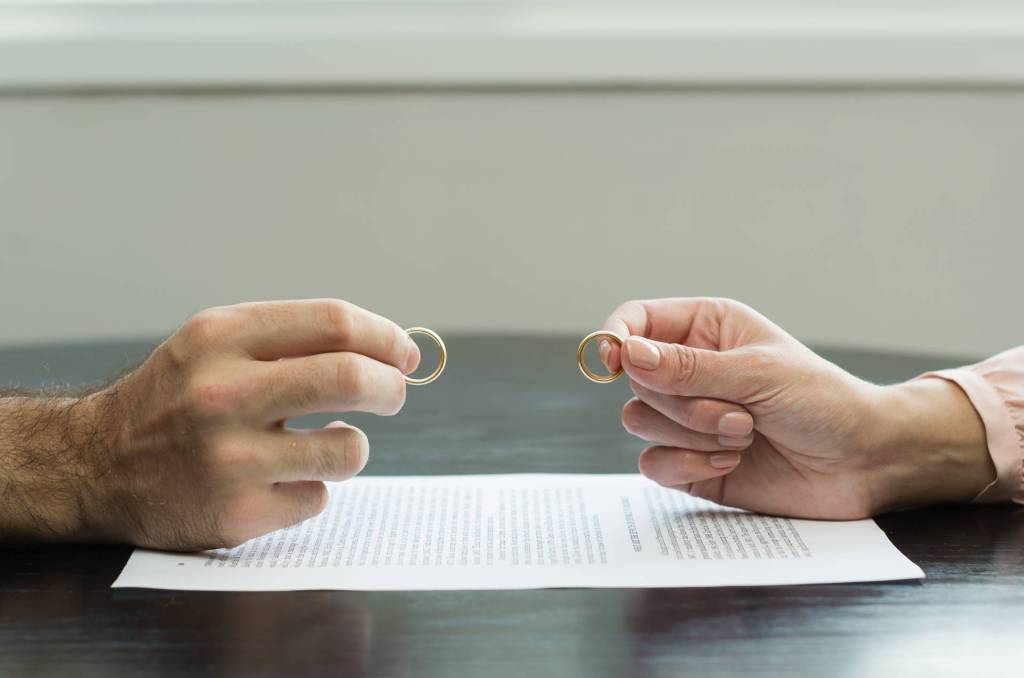Traumatic brain injuries (TBIs) can be some of the most detrimental personal injuries after a car accident. Severe TBIs can be life-threatening when seizures happen or breathing stops. This is why it is vital to help someone with a suspected TBI find immediate medical attention. In many cases, they may not wake up from a loss of consciousness without proper medical care. If you have suffered a TBI at the hands of a negligent driver, be sure to contact a Tennessee car accident lawyer because you could be eligible for compensation.
Signs of Traumatic Brain Injuries
To help someone with a traumatic brain injury, you first need to recognize the signs of a TBI.
A loss of consciousness and bleeding from the head are often some of the most obvious signs of TBI. They show that the person suffered a hit to the head that was strong enough to knock them unconscious. Check for signs of breathing and a heartbeat. No signs of these may indicate a severe TBI. There are mild and moderate types of TBIs.
Signs of a mild TBI are:
- Brief losses of consciousness
- Headaches
- Confusion or problems with memory or concentration
- Dizziness with lightheadedness
- Fatigue
- Ringing ears
Moderate to severe TBIs tend to exhibit the same signs and symptoms, but at a greater severity:
- Chronic headache
- Chronic nausea with vomiting
- Dilated pupils
- Sleep problems
- Slurred speech
- Weakness or numbness in arms or legs
- Problems with walking
Any kind of TBI, mild or severe, warrants a trip to the doctor to make sure nothing serious is going on.
Applying First Aid for TBI
Most mild TBIs do not need immediate medical treatment and tend to heal on their own with rest, but a visit to the doctor is recommended. Moderate to severe TBIs are more serious. Call 911 if you suspect either of these types of TBIs.
While waiting for paramedics to arrive, try to keep the person from moving around too much. It is best to have them lay down with their head on a soft cushion to elevate their head. Use sanitary means to stop any bleeding from the head by applying pressure. However, if you suspect a fractured skull, avoid applying pressure in that area because further damage can occur.





